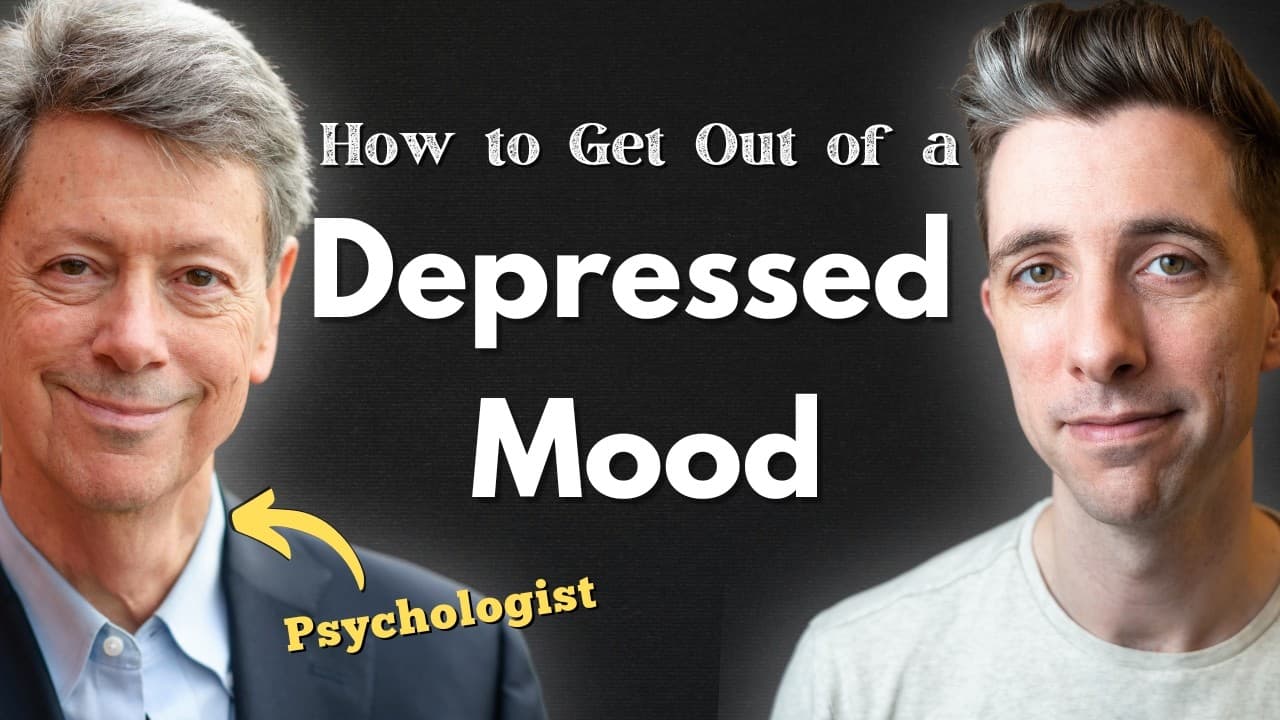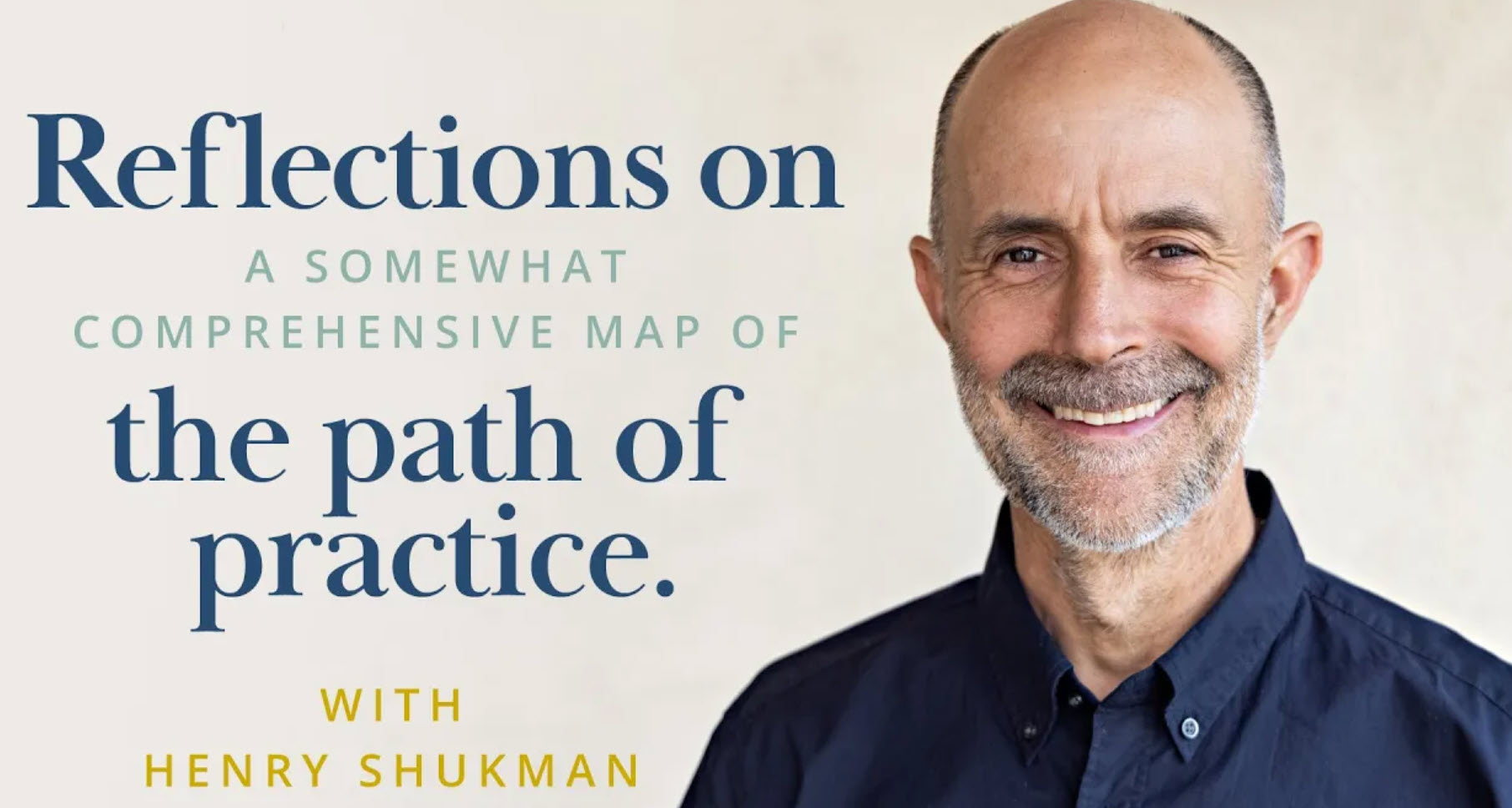Are you worried about what other people might think?
The Practice: Let Go of Needless Fear
— An Excerpt from Making Great Relationships —
Why?
It’s normal to be cautious or nervous around other people. For example, if somebody disagrees with you in a meeting, you might feel uneasy and worried about what others think: Was I too pushy? Does my boss like me? Do they think I’m not very smart?
When you get home later that day, let’s say your teenage son is quiet and prickly, as usual. You want to tell him that the chilly distance between you feels awful, and you want to open your heart to him . . . but it feels awkward, you’re afraid of making things worse, and when you spoke from the heart while growing up it did not go well, so you say nothing, again.
Other social anxieties include fears about your appearance, public speaking, talking with authority figures, or being around people who aren’t like you. Sometimes these fears are justified. Someone might actually want to pressure, hurt, or exploit you. Safety is our most fundamental need, and it’s vital to be clear-eyed about threats and skillful in dealing with them. Nonetheless, many of our fears around other people are not actually justified. They don’t really care about what we did, or if they do, it’s a passing feeling.
And if you’re facing a genuine threat, you can be determined and confident without being anxious about it. Anxiety is something that’s added to our responses. Sometimes it’s helpful, but so often, it clouds our thinking, compounds suffering, and worsens conflicts with others. We can have too little or too much anxiety around other people. Which is more common?
It’s the second one: needless anxiety stirred into the sauce of life, making it bitter.
How?
Anxiety can become chronic, a kind of habit, and hard to budge. People can even be anxious about not being anxious, since then they might lower their guard, and get hurt again. It’s important to realize that you can be alert and strong about potential threats while not feeling anxious.
Be aware of the costs of unnecessary—not informative, not useful—anxiety. Besides feeling bad, it makes us play smaller with others, hold back what we really feel, and hunker down—or get combative. Decide in your heart if you want to be free of worthless fears.
Let Go of Paper Tiger Paranoia
It helps to understand why the nervous system is so easily hijacked by alarm. To keep our ancestors alive, Mother Nature developed a brain that tends to overestimate threats, underestimate opportunities, and underestimate resources to deal with threats and fulfill opportunities. This is good for survival in life-or-death conditions, but it’s lousy for well-being and fulfilling relationships. It’s not our fault that we’re needlessly anxious. But it is our responsibility—and our opportunity—to address it.
So, whenever something seems threatening to you—such as what you think might happen if you were more vulnerable, emotional, or assertive with someone—ask yourself:
- Am I overestimating this threat?
- Am I underestimating the opportunities here?
- Am I underestimating the resources—both inside me and around me—for dealing with this threat and capitalizing on these opportunities?
This stepping back to understand your own mind can immediately help you feel less anxious.
Recognize Your Turbochargers
Consider the life that you’ve had, especially your childhood, and what has been threatening, scary, even traumatic about it. How have you learned to deal with threats and manage anxiety? These lessons might have been helpful at the time, but now they are lodged in the body like turbochargers, distorting your perceptions, speeding up and tilting your emotions, and driving your impulses and actions. Take a little time to make a list of your own “turbochargers.” As you become more aware of them, they’ll have less power over you. You can talk to yourself in wise ways like these: This is not junior high school . . . He is not my dad . . . What they said was critical, but it was not a horrible attack . . . I have not been totally rejected, even though it feels like that . . . These hurt feelings are mainly old emotional memories, not based on what is true here and now.
Don’t Be Afraid
Bring to mind someone you know cares about you, and try saying to yourself: I know you’re not going to attack me. Find your way to having the statement ring true, and then see how you feel. Do it again with this statement to yourself: Even if you did attack me, I would still be OK in the core of my being. Let the truth of this and related good feelings sink into you. Here’s another one: I can take care of myself when I am with you. Let this, too, sink in. And: If you hurt me, I’ll still be OK in my core. And: I wish you well. If you have any difficulty with this practice, try it with other people who love you. Draw on the sense of calm strength that we’ve previously explored. Try to feel your way into a place in which you recognize others and situations as they truly are, you take care of your own needs, and no needless anxiety is added.
Next, do this practice by bringing a friend to mind . . . and then do it with a neutral person . . . and then with someone who is challenging for you. If there is truly something to be anxious about, so be it. Otherwise, keep opening to the experience of being realistic about others and strong on your own behalf—without feeling any pointless fear.
Try this approach while actively interacting with others. Can you talk with a family member, a friend, a neutral person, and a challenging person without one bit of unnecessary worry, alarm, or uneasiness? As you deepen your sense of being appropriately fearless with others, keep letting this experience sink in so you become increasingly grounded in this way of being.
Enjoy the sense of freedom this practice brings, the greater ease with others, the confidence. Notice how you can be more relaxed, patient, open, and caring with other people when you are not afraid.
Know Someone Who Could Let Go of Needless Fear?
Use the buttons below to share this article via social media or email.



